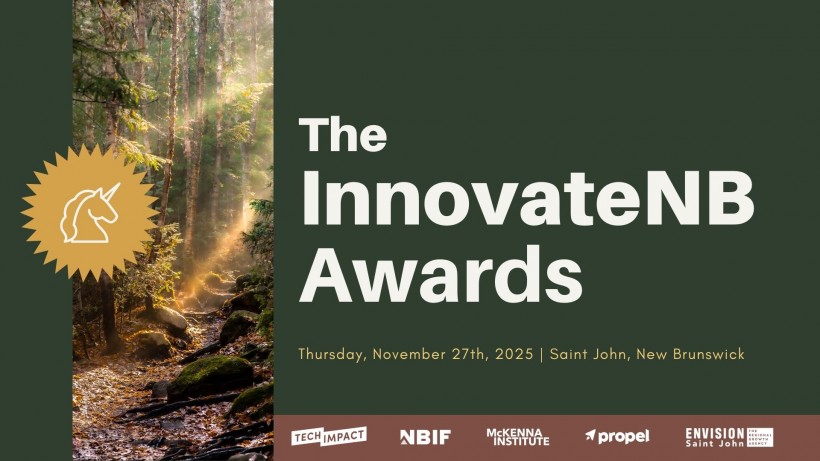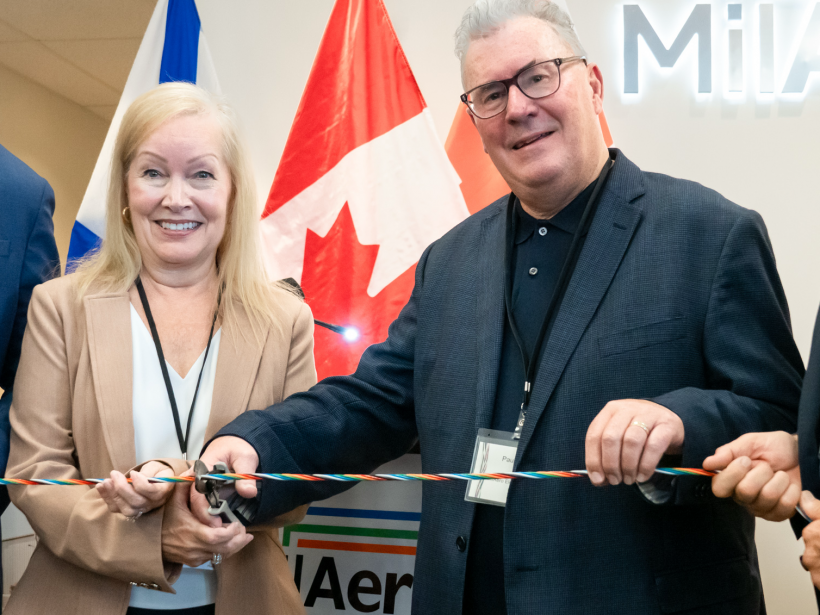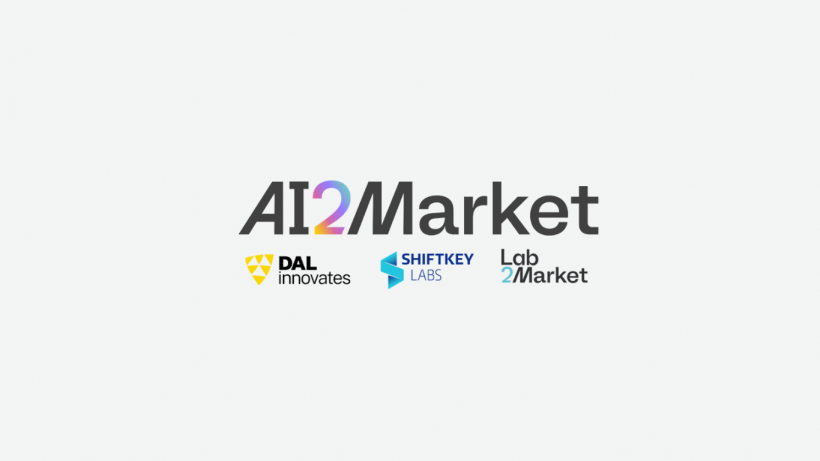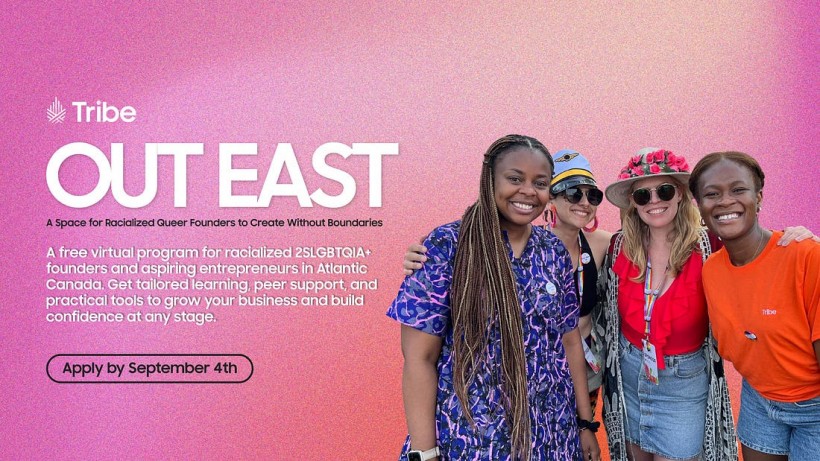In examining Atlantic Canada’s oceantech sector, one fact that is often overlooked is how tantalizingly close it is to boasting its first unicorn – a company valued at $1 billion.
While this article is largely a summary of the oceantech sector in 2024, we can’t overlook the biggest development in the marine innovation industries in the past six months. And that is the continued growth of the largest company in the sector: St. John’s-based Kraken Robotics.
Kraken last week announced that it raised $115 million by selling new shares on the TSX Venture Exchange, a funding exercise that was oversubscribed by 15 percent. The addition of new stock took place as the Kraken share price has continued to grow, rising 34 percent already this year. As a result, Kraken’s market capitalization (the total value of its shares) sat at $917 million as of Friday’s close – just $83 million shy of unicorn territory.
We’re not going to predict the direction of Kraken shares. But we do want to highlight what it would mean for this company, whose products include 3D imaging sensors, power solutions, and robotic systems, to become a bona fide unicorn.
It would add prestige to a sector that Atlantic Canadian decision-makers long ago decided would be a cornerstone of our innovation sector. Atlantic Canada has been identified by Startup Genome as a top-10 oceantech ecosystem in the world, and having a unicorn in the sector could only help.
Kraken Robotics is becoming so big that its metrics tended to dominate this segment in our 2024 Atlantic Canada Startup Data report.
Kraken in 2024 raised $71.8 million through two transactions on the TSX Venture Exchange, comprising about four-fifths of the capital raised by Atlantic Canadian ocean companies.
Overall, the ocean segment continued to expand throughout 2024. In addition to the huge funding from Kraken, another startup closed an eight-figure round without disclosing it. Revenues (which do not include the information Kraken released) increased 46 percent, outperforming the overall startup community. (This figure came from a modest sampling, with nine companies reporting total revenues of $6.6 million in 2024.)
Seven ocean companies had Indigenous leadership. It’s the only sector with enough Indigenous participation that it merited mention in our report.
We recorded 26 new oceantech startups, though at least 15 of these are Lab2Market projects in which researchers assess whether there is a commercial application for their work. Some of these will undoubtedly not progress into companies. But they are an indication of the activity in the ocean sector.
The ecosystem continued to develop, with the COVE facility in Dartmouth being named an official accelerator for NATO’s Defence Innovation Accelerator for the North Atlantic, or DIANA.
Canada’s Ocean Supercluster continued to fund research projects, and they included such Atlantic Canadian startups as Marine Thinking of Halifax, SeafarerAI of Saint John and Halifax's Global Spatial Technology Systems.
Some of the leading stories in the sector in 2025 have also involved the Supercluster.
Dartmouth-based DeNova, which makes sustainable feed ingredients for aquaculture, was chosen in June to lead a $7.2 million Microbial Protein for Sustainable Aquaculture Project. DeNova has developed a sustainable alternative to conventional aquafeed ingredients like fishmeal and soy, which are major contributors to aquaculture’s environmental footprint.
In January, Marine Thinking was selected to lead two research projects with a total value of almost $5 million.
The largest of these projects was the $3.9 million AI-Powered Vessel, Automation Toolkit Project. It aims to deliver an AI-powered vessel automation toolkit, intended to transform existing vessels into smart vessels that have autopilot capabilities and improved operational efficiency.










